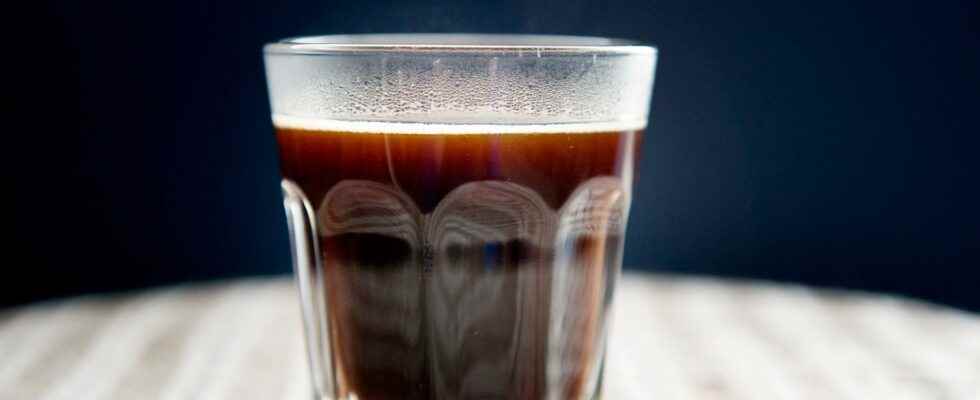Published: Less than 20 min ago
Coffee drinkers who want to be kind to the climate should primarily drink organic coffee or instant coffee, and preferably avoid milk in the drink, according to this year’s version of the Vegoguide produced by the World Wide Fund for Nature (WWF).
The aim of the guide is to encourage conscious choices of vegetarian food. The impact on biodiversity and the climate, the use of chemical pesticides and water are criteria that form the basis of the assessment.
Coffee is one of the foods with the greatest impact on biodiversity in terms of the Swedes’ total diet, which is mainly due to species-rich land being cultivated and converted into coffee plantations. That is one reason why regular coffee only gets a “yellow light” in the guide, which is the second worst rating.
Choose organic
“We Swedes love our coffee and we will continue to do so. But if we take care of the large amount of coffee waste and choose organic coffee, tea and cocoa, we can reduce the impact on nature,” says Gustaf Lind, Secretary General of WWF, in a press release.
Organic coffee gets the green light and is classified as “a good choice”. Even instant coffee is elevated due to the small amount of coffee required to make a cup.
Anyone who wants to reduce the climate impact can also replace regular milk with plant-based alternatives to reduce the climate impact.
Do not throw away
In addition to choosing organic products, you can also make a big difference by not throwing away drinks unnecessarily. Tips include saving leftover coffee in a thermos or making ice cubes from it to use in iced coffee.
Anna Richert, senior food expert at WWF, also urges trade, cafes and restaurants to focus on the importance of choosing certified.
“Within the companies there is a great interest in sustainability work, but there is still much to be done to reduce the impact on biological diversity,” she says.
